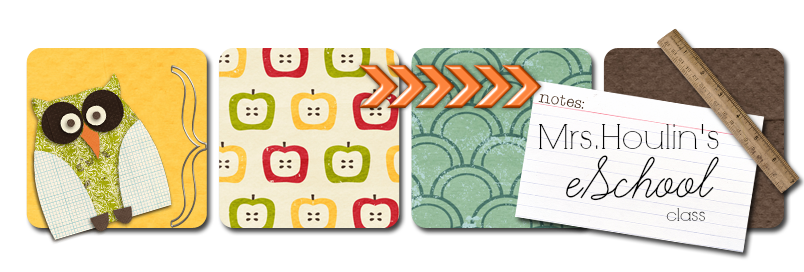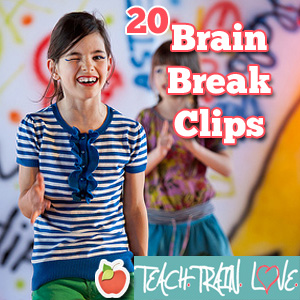One of the most difficult things parents have expressed about the home school set-up is making that transition from parent to teacher.
"How do I get them to LISTEN to me?"
I've found some good resources to help with this challenge:
This sounds like a simple process, but how does a parent become a good teacher?
Gatto explains, "I had to drop the idea that I was an expert whose job
it was to fill the little heads with my expertise, and I began to
explore how I could remove those obstacles that prevented the inherent
genius of children from gathering itself." The best way to accomplish
that goal? "Get out of the kids' way and give them space and time and
respect."
Homeschooling, seen in this light, is not about a
parent becoming a teacher, in the traditional sense, but a parent
becoming a guide and a partner in the learning experience. Successful
home learning involves observing your child, following his lead, and
respecting his choices. This can be done within the framework of core
subjects like reading, math, and history -- it's just done creatively.
For instance, I remember studying about the Civil War when I was in
school. We opened our history books, did a few activities and spent many
hours memorizing large blocks of information. It was incredibly boring,
and after I passed the test on Friday, I remembered very little about
the Civil War.
When my daughter Jessica was seven, we read a
series of books about a little slave girl named Addy who lived during
the Civil War. Told from the prospective of a nine-year-old girl, Addy's
story fascinated Jessica. She was filled with questions and wanted to
learn more: "Why were there slaves? What was the Underground Railroad?
Who was Abraham Lincoln?"
We found the answers to these and
other questions in the colorful books and educational videotapes in our
library. We cooked with recipes from that time period, and made simple
garments that were (almost) historical. We also went to a Civil War
reenactment -- complete with soldiers camping and food cooking on open
fires. But most importantly, we had fun. I never had to "teach" her
anything, and I certainly learned a lot. Six years later, Jessica still
recalls just about everything we covered -- now that's real learning!
__________________________________
Parents are the people who teach children the most important of life skills
and they do this often with no prior experience - parents do not think too
often about whether they are qualified to teach their children to eat and
sleep and to be socially integrated. They happen almost as a matter of course
and being a parent-teacher also follows this course to some extent. Once
a parent decides to be a teacher, they can educate themselves about the
curriculum and the legalities and then move on to the task of communicating
with their children. Simplicity and a willingness to explain processes can
make any topic a great source of excitement. A parent will have the opportunity
to pick themes and topics that are of interest to the children and this
is an additional advantage, as any teacher will agree.
The commitment and love that a parent brings to the homeschool far outweighs
any handicap they may have as untrained teachers. A person who is willing
to commit time and effort to the task of making their children's lives better
will definitely be able to find ways around learning issues that may crop
up. A child may learn better in the morning rather than the afternoon and
may enjoy hands-on experimentation more than literature based learning.
This degree of variation may get lost in a larger group, but a parent teacher
will be able to adapt to addressing the needs of each child.
A parent can use outside cues to signal shifting roles to his or her children
- by setting aside a class room area and by setting aside defined times
of day for schooling both the parent and children may be able to deal with
their dual roles better.
Homeschooling is not a one-size fits all proposition and any parent willing
to learn the ropes and approach the process with organization and patience
will find that it is not as hard as it seems. There are no rules on how
to be a parent-teacher and this means that there is no right or wrong way
to do the job. Remember that the ability to have fun and be flexible is
part of the job description of being a parent and it is helpful to keep
that attitude as a homeschooling teacher also!
___________________________________
5. Create Your Homeschooling Space
Will you be conducting classes at the kitchen table? Do you need a
blackboard or a desk? How about empty wall space to post schedules,
calendars, and completed work? Is there a computer nearby that's
connected to the Internet? Get organized by purchasing storage cabinets
and bookshelves for holding textbooks and workbooks. Baskets are also
useful for keeping loose supplies under control.
6. Set Specific Homeschooling Goals
Since homeschoolers proceed at their own pace, it's important,
especially in the first year, to consider what you want to accomplish.
Academics are important when you set short- and long-term goals, but
they are not the only component of a child's education. For example, how
will your child get physical activity? When will he socialize with
other children? Consider the importance of extracurricular activities
such as music classes or Boy Scouts. Network with other parents —
homeschooling and not — to find the best activities. Also check local
community centers, houses of worship, and newspaper advertisements and
listings.
7. Define a Homeschooling Schedule
Create a plan to meet the goals you've outlined. While a schedule makes
some people feel hemmed in, it helps, especially in the beginning, to
be organized and have a mission, says Dobson. Purchase a plan book and
consider how you want to break up your child's academic schedule and
each subject you want to work on. Consider how you want to break up your
learning week by week too. Make time for field trips and visits to the
library. And remember, flexibility is one of the key appeals of
homeschooling. You can always adapt your schedule to your child's
changing needs.
8. Watch Out for Common Homeschooling Pitfalls
Homeschoolers say there are three issues that often stymie beginners.
First: feeling isolated. Make sure you've followed the advice in Step 3
and joined a support group. It's not just for the kids, although
socialization is critical for them. Homeschooling parents need to
connect with likeminded adults too.
Another potential problem is committing to a curriculum too early.
Dobson notes that some new homeschoolers purchase an expensive packaged
curriculum right away, only to find that it doesn't suit their child's
learning style. Experiment for a while before you plunk down a lot of
cash.
Finally, know that you'll need to learn as you go. Adjusting to the
freedom and flexibility of homeschooling is a challenge. There are so
many ways to approach your task. Remember that you'll be defining — and
constantly redefining — yourself as you go.
Any other tips from you pros? Leave a comment below!



















